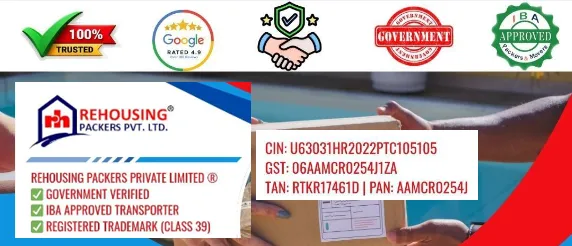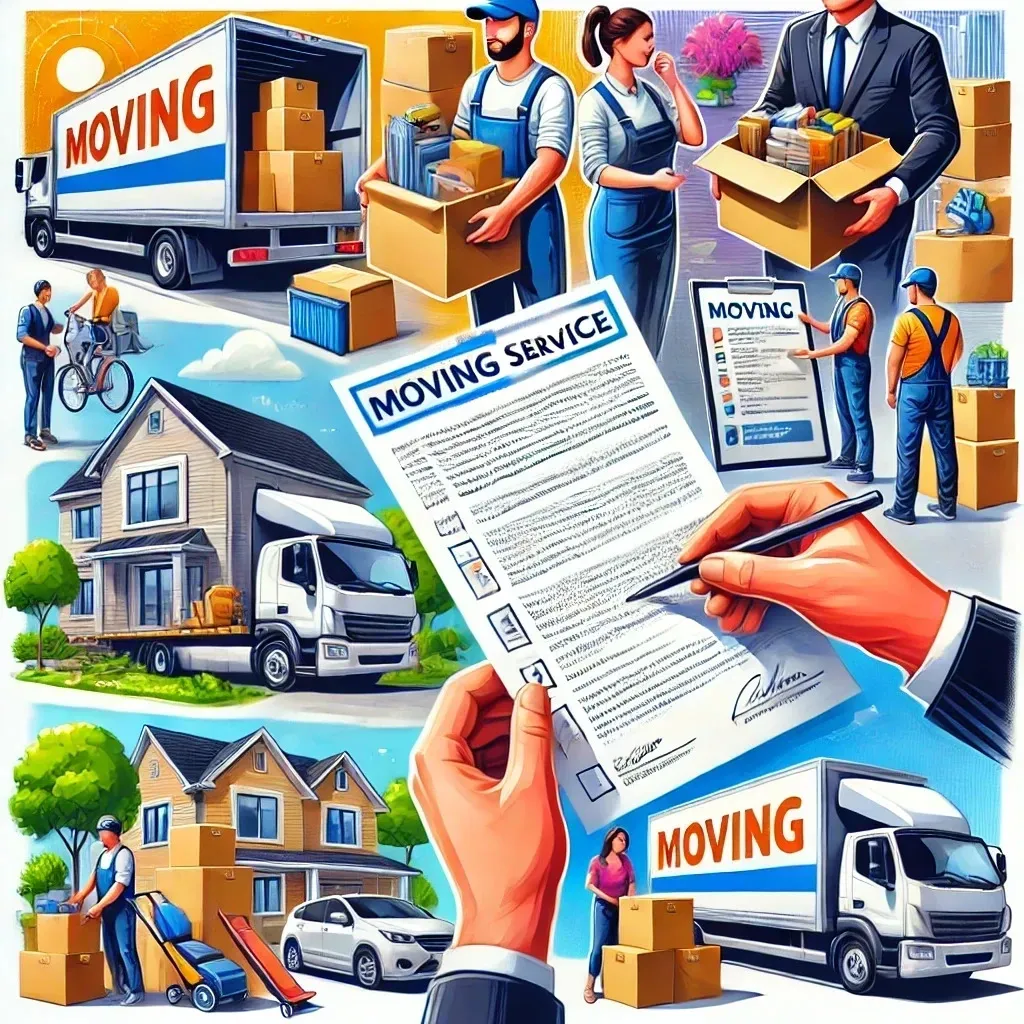Starting a packers and movers business may seem simple, but the reality is much more demanding. As relocation needs continue to grow in India due to job changes, city migrations, and lifestyle shifts, more startups are entering this industry. But surviving in a crowded and sensitive service sector is not easy. New businesses must face several obstacles before they can build a solid reputation and achieve stability. Understanding these challenges is the first step toward building a successful company.
Struggle to Build Customer Trust in the Initial Stage
Trust is the foundation of any relocation service. When people hand over their belongings, furniture, electronics, and personal valuables, they expect complete safety and professionalism. However, a new company often lacks customer reviews, brand identity, and social proof. This makes potential clients hesitant.
Negative experiences shared online about fraud or unprofessional movers further create doubt in the customer’s mind. To overcome this, a startup must focus on transparency, provide clear documentation, maintain communication, and encourage real customers to share honest feedback. Building trust takes time, but it plays the most important role in long-term success.
High Operational Costs for New Packers and Movers Businesses
A major challenge for any startup in this industry is the high initial investment. Unlike digital businesses, this service requires physical assets such as trucks, packing materials, tools, and a workforce. Additional costs like fuel, insurance, marketing, office setup, and warehouse rental further increase the financial burden. Because of these expenses, many startups face cash flow issues in the first few months. The best way to reduce risk is to plan finances carefully, start small with rented vehicles or shared resources, and slowly expand as the customer base grows.
Difficulty in Hiring and Retaining Skilled Workers
A relocation service heavily depends on experienced and skilled workers who can handle packing, loading, transportation, and unloading with care. However, finding a reliable and trained workforce is one of the toughest challenges for new companies.
Many workers shift jobs frequently, and training new workers requires both time and money. Moreover, without proper skills, the chances of damage to customer belongings increase. To handle this challenge, startups must invest in regular training, maintain a supportive work environment, offer fair wages, and encourage loyalty within the team.
Pricing Pressure Due to Unorganised Market Competition
India’s relocation industry is highly unorganised. Many small operators offer extremely low prices to attract customers, even if their service quality is poor. New startups find it difficult to compete with such pricing without compromising quality. Customers often choose cheaper services without understanding the risks involved. This puts pressure on genuine companies to lower their prices.
The solution is to offer clear, transparent pricing and educate customers about the value of professional packing, trained workers, and insured transportation. When clients see the difference in service quality, they are more willing to pay the right price.
Ensuring Safe Handling of Goods During Relocation
Damage during shifting is one of the biggest fears customers have while hiring a relocation company. New startups may struggle with safety issues if they lack trained staff or proper packing materials. Even a single damaged item can lead to negative reviews and loss of trust.
Safety must be a top priority. Using good-quality cartons, bubble wrap, blankets, and safety tools, along with proper training in handling fragile items, reduces the risk of damage. Offering insurance coverage also adds an extra layer of confidence for the customer.
Slow Adoption of Technology in New Moving Companies
Many new packers and movers still operate in a traditional style, relying only on phone calls or manual records. However, today’s customers expect digital convenience. They want online quotations, real-time tracking, secure payments, and quick updates. Without technology, startups limit their growth. A professional website, digital marketing, GPS tracking, and customer management systems make operations smoother and help build trust. Embracing technology is no longer optional-it is necessary for staying competitive.
Lead Generation and Marketing Challenges for Startups
For a new relocation business, getting consistent leads is one of the biggest hurdles. The competition is high, and customers usually compare several companies before choosing one. Buying leads from third-party websites can be costly and often results in low-conversion inquiries.
Ranking on search engines takes time, and brand recognition grows slowly. To overcome this, startups must combine online marketing with offline strategies. Creating a strong Google Business Profile, collecting reviews, networking with real estate agents, and building customer referrals are effective ways to generate leads without heavy spending.
Legal Formalities and Compliance Requirements
Another challenge that many new packers and movers overlook is legal compliance. Proper documentation, GST registration, vehicle permits, and insurance coverage are essential for smooth operations. Without fulfilling these requirements, companies may face fines or delays that negatively impact the customer experience. Understanding the legal side of the relocation business helps startups operate professionally and avoid unnecessary risks.
Seasonal Ups and Downs in Customer Demand
The demand for relocation services does not remain constant throughout the year. The summer season often brings high demand, while monsoon months and festival periods see a drop in bookings. This seasonal variation affects revenue and planning. New startups must manage their finances smartly to survive low-demand periods. Saving during peak season and maintaining steady marketing throughout the year can help maintain stability.
Long Journey of Establishing a Strong Brand Identity
Building a brand in the packers and movers industry is not an overnight process. Even if a new company offers excellent service, it still takes time to build recognition and trust. Customers often prefer companies that have been in the market for years. To build a strong brand identity, startups must stay consistent in service quality, maintain professionalism, respond to customer needs, and collect positive reviews. Over time, these efforts help create a reputation that brings more customer loyalty and referrals.
Conclusion: How Startups Can Overcome These Challenges
The relocation industry offers great opportunities, but startups must be prepared to face multiple challenges. From managing operational costs to gaining customer trust, every step demands patience and dedication. By focusing on customer satisfaction, investing in a skilled workforce, using the right technology, and maintaining transparency, new companies can not only survive but also grow into trusted service providers. Success in this industry depends on reliability, professionalism, and the willingness to improve with every move.







